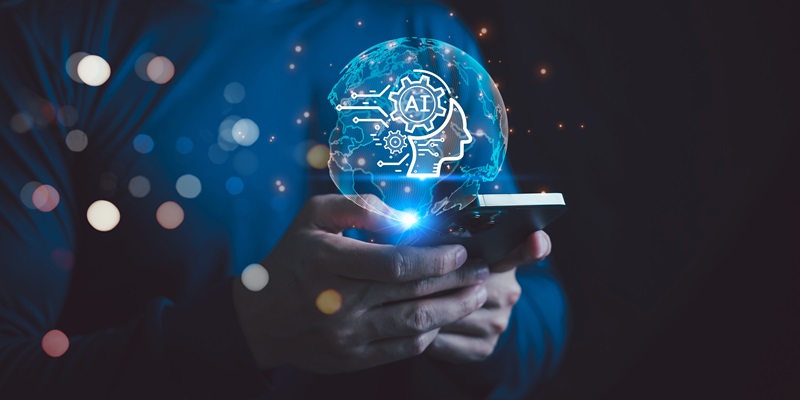Artificial intelligence is transforming nearly every facet of society, and education and the job market are no exceptions. The rapid advancements in AI technology have opened up new opportunities and challenges that students, educators, and professionals must navigate. Now, more than ever, AI tools like ChatGPT are becoming integral in enhancing educational experiences and workplace efficiency, thereby preparing the future workforce for roles that require both technical and soft skills. As more people become aware of AI’s potential, investment in artificial intelligence continues to rise, reaching unprecedented levels.
AI in Education: Enhancing Learning Experiences
AI is revolutionizing education by providing personalized learning experiences that cater to the needs of individual students. One of the most significant impacts of AI in education is the development of tools like ChatGPT, which students can use for a variety of academic purposes. According to recent studies, an impressive 72% of students now rely on AI to assist them with their schoolwork. These tools are not just limited to helping students write essays; they are also being used to understand complex concepts and ideas. ChatGPT, for example, is accessible 24/7, allowing 31% of students to benefit from its availability whenever they need help. Furthermore, 62% of students use AI to analyze and develop complex theories, indicating a shift towards using these tools for deeper understanding.
The integration of AI in education is not only about academic performance but also about solving real-world issues and enhancing problem-solving skills. AI tools provide students with the resources to work on projects like creating pitch decks or strategizing company growth, which are invaluable skills in today’s competitive job market. The rise of AI in classrooms signifies a future where intelligent systems are ingrained in the learning process, making education more interactive and effective. With continued improvements and increasing adoption, AI stands to reshape how educational content is delivered and consumed.
AI and the Evolution of the Job Market
The advent of AI technologies is also causing profound changes in the job market, necessitating a new set of skills and competencies among the workforce. Modern employers are increasingly looking for workers who are not only proficient in handling AI and big data but also possess crucial soft skills. This new demand underscores the importance of adaptability, leadership, teamwork, and critical thinking. Additionally, creativity and problem-solving abilities are essential for making informed decisions and successfully implementing AI technologies in various job roles.
As AI continues its integration into the workforce, it’s clear that the nature of jobs themselves is evolving. Many traditional roles are being augmented or even replaced by AI systems, which calls for continuous learning and upskilling. Workers need to be adept at interacting with AI tools and leveraging them to enhance productivity and efficiency. Beyond technical skills, the ability to provide coaching, exhibit leadership, and foster a collaborative environment are becoming increasingly vital. These skills help ensure that AI implementations are effective and beneficial to organizational goals.
The future workforce will require a balanced skill set that includes both technical know-how and the ability to navigate complex social and organizational dynamics. This is where the role of educational institutions becomes pivotal. By integrating AI into learning curricula and promoting the development of both hard and soft skills, educators can better prepare students for future professional challenges. As AI technologies continue to evolve, staying ahead of the curve will be essential for career success in an increasingly automated and data-driven world.
The Future of AI in Education and Employment
Artificial intelligence is revolutionizing almost every aspect of society, including education and the job market. The swift progress in AI technology has introduced new opportunities and challenges that students, educators, and professionals must learn to manage. AI tools like ChatGPT are increasingly crucial in enhancing educational experiences and workplace productivity, thus preparing the future workforce for roles that demand both technical and interpersonal skills. With the growing awareness of AI’s potential, investment in artificial intelligence is hitting all-time highs. As AI continues to evolve, it is reshaping traditional educational methodologies by offering personalized learning experiences, aiding in administrative tasks, and enabling virtual tutoring. These advancements make education more accessible and tailored to individual needs, fostering a more inclusive learning environment. Similarly, in the workplace, AI optimizes efficiency, assists in decision-making processes, and automates routine tasks, allowing professionals to focus on more complex and creative endeavors. As a result, AI is not only enhancing productivity but also driving innovation across various fields.

